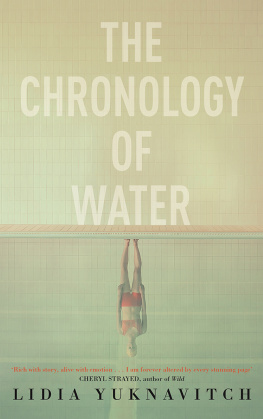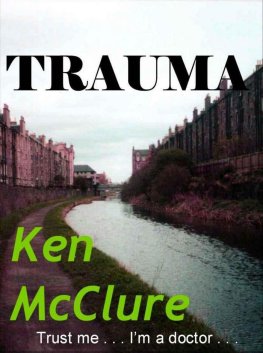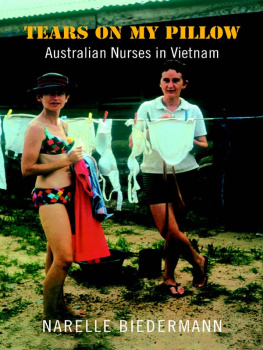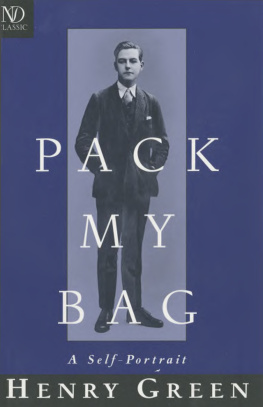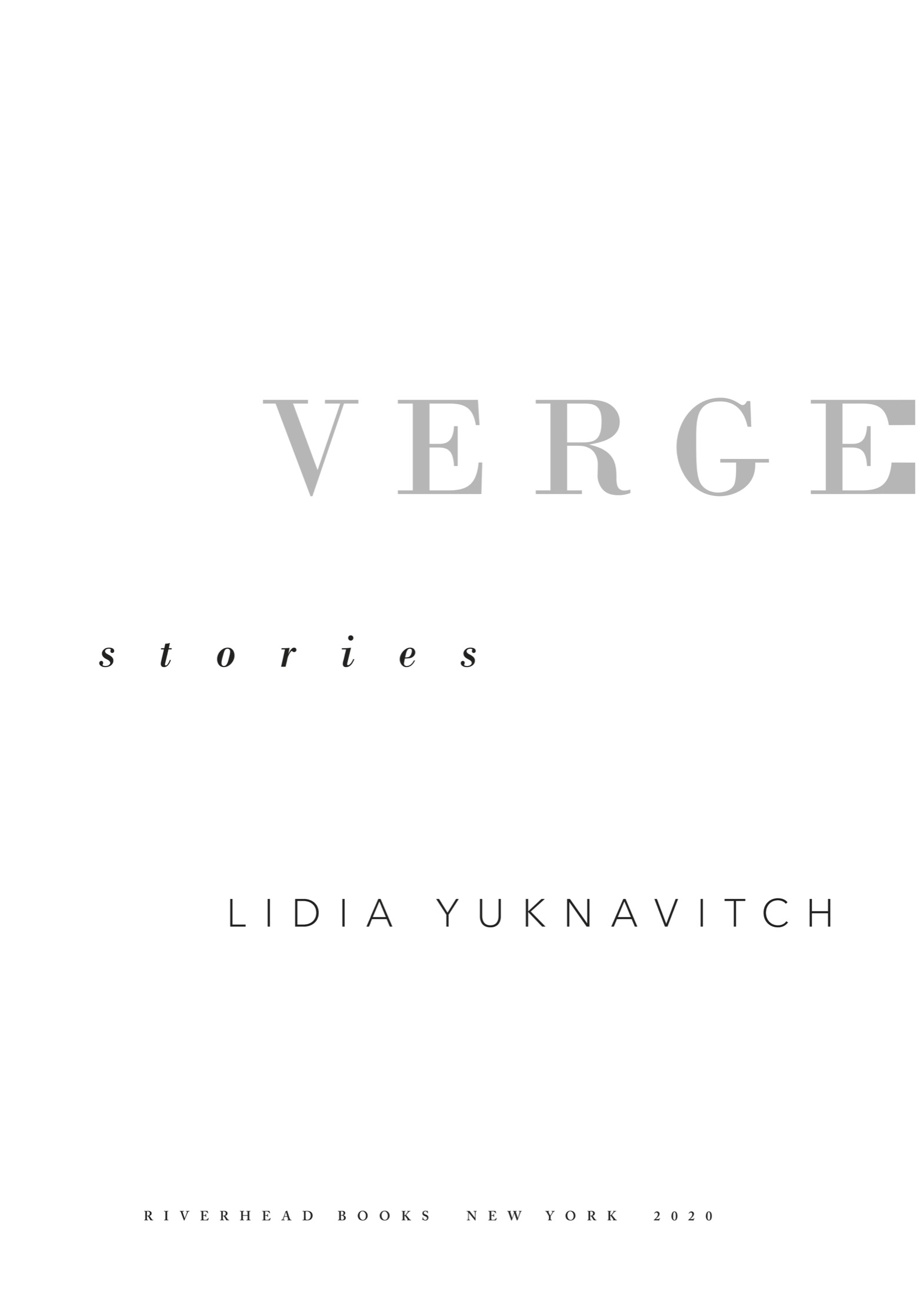ALSO BY LIDIA YUKNAVITCH
FICTION
The Book of Joan
The Small Backs of Children
Dora: A Headcase
NONFICTION
The Misfits Manifesto
The Chronology of Water

Riverhead Books
An imprint of Penguin Random House LLC
penguinrandomhouse.com

Copyright 2020 by Lidia Yuknavitch
Penguin supports copyright. Copyright fuels creativity, encourages diverse voices, promotes free speech, and creates a vibrant culture. Thank you for buying an authorized edition of this book and for complying with copyright laws by not reproducing, scanning, or distributing any part of it in any form without permission. You are supporting writers and allowing Penguin to continue to publish books for every reader.
Some stories have been previously published, in slightly different form, in the following journals:
Street Walker (as Bravo America) in Ms. magazine; The Garden of Earthly Delights in Another Chicago Magazine; Second Language in Guernica; Cusp in Zyzzyva; Shooting in Fiction International; How to Lose an I (as Eye of the Beholder) in The Iowa Review.
Riverhead and the R colophon are registered trademarks of Penguin Random House LLC.
Library of Congress Cataloging-in-Publication Data
Names: Yuknavitch, Lidia.
Title: Verge : stories / Lidia Yuknavitch.
Description: New York : Riverhead Books, 2020.
Identifiers: LCCN 2018058037 (print) | LCCN 2019000954 (ebook) | ISBN 9780525534877 (hardcover) | ISBN 9780525534891 (ebook)
Classification: LCC PS3575.U35 (ebook) | LCC PS3575.U35 V47 2020 (print) | DDC 813/.54dc23
LC record available at https://lccn.loc.gov/2018058037
This is a work of fiction. Names, characters, places, and incidents either are the product of the authors imagination or are used fictitiously, and any resemblance to actual persons, living or dead, businesses, companies, events, or locales is entirely coincidental.
pid_prh_5.5.0_c0_r0
This book is for Andy Mingo, love of my life;
thank you for always finding me
in the spaces between things.
CONTENTS
THE PULL
In the water the swimmer feels weightless. The blue of the pool fills her ears and holds her body and shuts out the world. Swimming is her favorite state of being. On land, the swimmer can barely breathe.
She was not yet two, the story goes, when she first gravitated toward water. One afternoon, during a family trip to the Mediterranean Sea, she wandered off the edge of a dock before anyone could notice, dropping like a rock into the ocean. Her sister, five years older, dove in after her, pulling her back to the surface. When she emerged, she was smiling, not drowning. She remembers none of this; its a vivid story her family tells.
But then her entire childhood is like one long story she doesnt want to hear. The kind of story that makes your chest grow tight as you listen.
Shed rather swim than anything else. Shed rather swim every day than remember a single moment of her childhood. She doesnt even remember the shapes of the buildings in her neighborhood. Home is a blown-up brick in her throat.
There is one family photo left hanging in the hallway outside her bedroom, taken at a long-forgotten family reunion. Between the unsmiling relatives are spaces where others should be standing: An uncle. A cousin. A brother or an aunt. As if the whole family were disappearing one body at a time.
She doesnt love anything more than water, except maybe her sisters face. Sometimes, at night, she smooths the crease between her sisters brows when she has bad dreams, as she has often since the tanks came. And her sister gently traces the cavities in her ear to help her go to sleep when her eyes stay open too late because shes afraid of mortar shells. Her sister is like a lifeline to her. Two girls, twinning themselves alive.
She never has nightmares. What she has, instead, are water visions. As if the water is speaking to her.
Move your arms as if you are free from gravity. Open your mouth if you like, but do not breathe as you breathe on land; rather remember that breathable blue by closing your eyes. Then open your eyes. You can breathe underwater now. We all can. We all did. Before time. Now let your body sink rather than float. When you reach the bottom of the ocean, let your feet find the sand, let your weight come, stand up. From here, you can walk wherever you like. Starfish and turtles are here with you now. An electric eel swims by you, arched like an S, spotted yellow and blue. Look at your hands. Can you imagine fins? Spread your fingers wide. There was a time before fingers, arms, legs. Before the landlife. There is no alone in the ocean. There is only the lifedeath of water. Thriving.
Theres another story her family tells, about how swim coaches spotted her in a hotel pool, churning away all by herself. Thats how she got onto a swim team. Before the ground gave and the sky began to rain metal. Anywhere there was water, she found it. A kidney-shaped hotel pool next to the supermarket, the ocean on vacations, a bombed-out apartment complex with a half-full pool, leaves and dirt and dust and who knows, maybe blood, too, but she didnt care. Shed swim anywhere. Swimming made the world go away.
Swim practice makes the swimmer feel alive. Her muscles moving her through water, the rhythm of breathing and not breathing, her heart pumping. The only people she feels close to are other swimmers. They dont need a language to understand one another. Underwater all bodies look related, making the same shapes, creating the same rhythms, moving through waves different from one another and not.
Sometimes she wishes she could swim all day and night instead of going home.
But there comes a day after which everything about the swimming pool, and what went on inside her there, is transformed. School is being canceled more and more often, for weeks at a time, but still she and her friends text one another and talk about regular things. Kids tend not to notice change; they just want to be with their friends, to be normal. But there are warnings. There have always been warnings, but on this day her mother forbids her to leave the house for school or swim practice.
That afternoon, while her shoulders ache from not swimming, a screeching comes in the sky and then a deafening quiet, and then a bomb obliterates most of the roof and one wall of the swimming pool. Two swimmers who were friends of hers are killed, their bodies limp at the surface of the water, then sinking. They never swim another lap toward their own futures.
After death comes into her life and takes the water, all she thinks about is making for the ocean.
In her watervision the ocean underneath things hums through the bones and detritus of ships and sea creatures and the bodies of men and women and children and animals and coral reefs blooming and dying and plastic and oil and volcanic plumes... everything fluid, everything part of everything else. Whole civilizations next to new colonies of fish, new species, deeper and deeper meanings. Photosynthesis and its absence and yet life and more life. Underwater the death of things giving way to the life of things. No walls or roads or fences or states or bombs, only thermohaline circulation, the submarine streams, the impact of Earths Coriolis-making motion. Tides pulled and pushed by the sun and the moon. The sea speaking to you. Her swells and retreats. Her creation and destruction and re-creation in endless waves.


